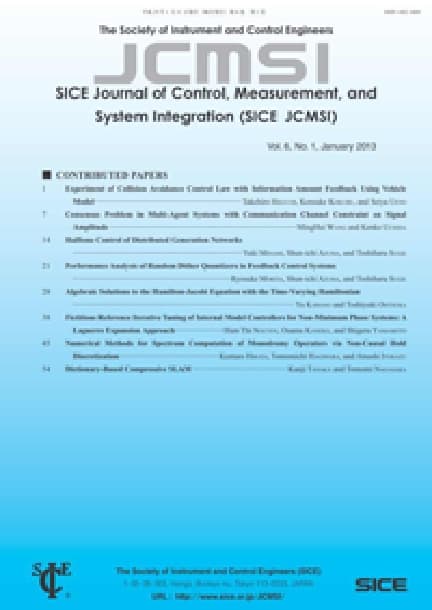Determining Magnetic Field Close to Air-Bearing Surface by Projection Electron-Beam Tomography and Fourier Extrapolation
Hiroyuki SHINADA, Yoshihiro MIDOH, Tomokazu SHIMAKURA, Koji NAKAMAE
pp. 223-228
DOI:
10.9746/jcmsi.3.223Abstract
The magnetic field of a recording head is measured by projection electron-beam tomography with a resolution of about ten nanometers, and the magnetic field closer to the sample surface than the measurement plane is estimated by numerical calculation. The magnetic field at 20 nm calculated from the field measured at 50 nm adequately agrees with the directly measured field at 20 nm. The combination of projection electron-beam tomography and this calculation method make it possible to determine the magnetic field close to a head (air-bearing) surface.









